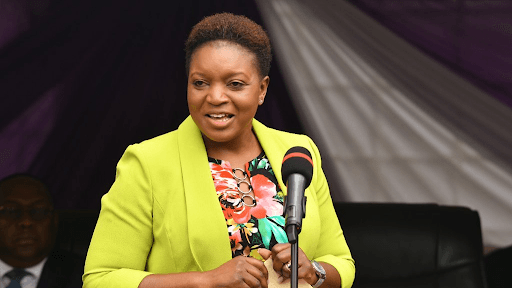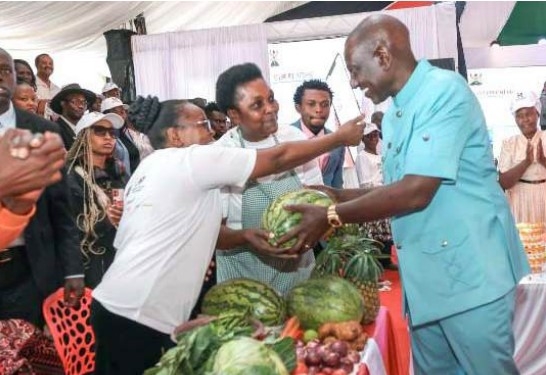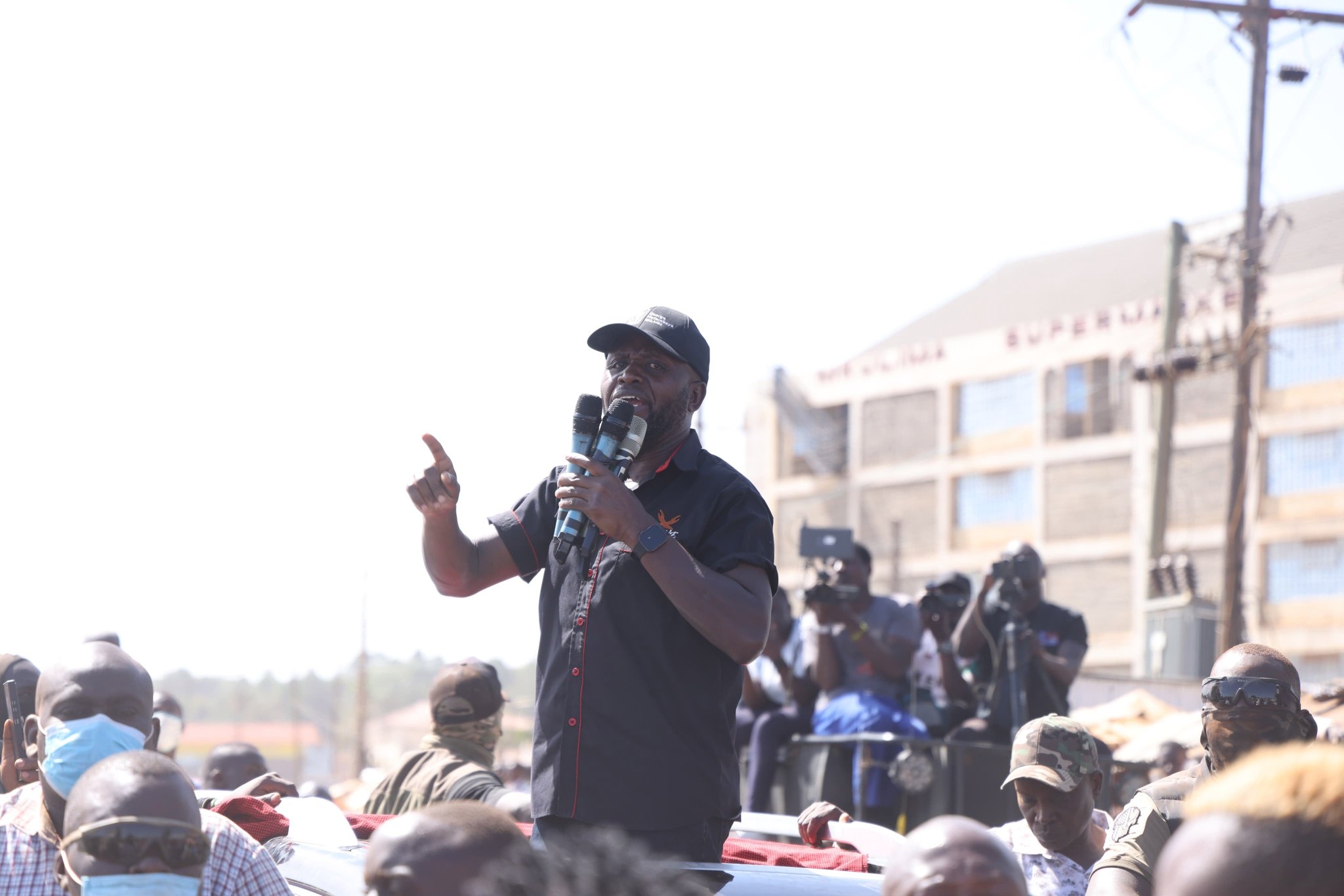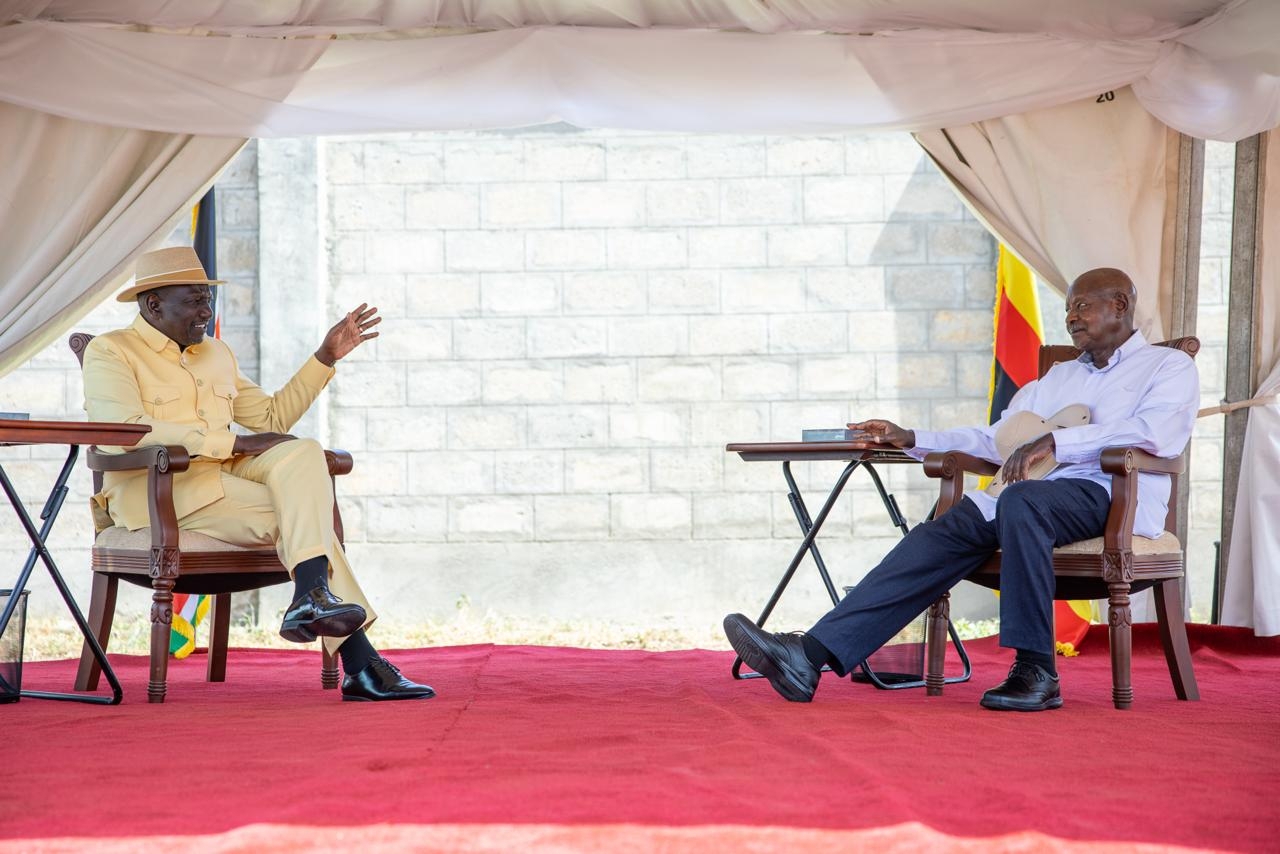The Attorney General’s office has said narcotics drugs such as marijuana should be regulated to ensure it is not made available for misuse.
In its submissions before the court, Senior Litigation Counsel Victor Ondieki explains that the Narcotic and Psychotropic Substances Act is not discriminatory in any way as had been alleged by the Rastafari Society of Kenya.
“If anything the Applicants have not adduced any iota of evidence to support their claim that they are marginalised and are unfairly targeted by the impugned law,” says Ondieki.
The AG was making a response to a case filed by the Rastafari Society of Kenya which seeks to lift the law criminalising the use of marijuana.
The matter was listed before Justice Chacha Mwita for directions but there was no attendance from any of the parties. The Judge directed the case be listed for April 30 to show cause.
The AG has however urged the court not to grant the orders sought saying the society has not met the set threshold.
“A party seeking conservatory order must demonstrate that he has an arguable case with a likelihood of success and that unless the court grants the conservatory order there is real danger that he will suffer prejudice as a result of the violation or threatened violation of the Constitution,” said the AG.
The AG also dismissed claims by the society that the Act targets any specific group or class of people.
“The Act is applicable uniformly and does not discriminate against anyone on account of religion or spiritual orientation as purported by the Rastafari society. The claim that the Act is discriminatory, hostile, and intolerant to the Applicants is therefore unfounded and erroneous,” says the AG.
According to the court documents, the challenged law has been in force since 1994 and it should be interpreted holistically and not in peace-meal.
The AG in closing also asked the court not to entertain an application seeking to have the matter heard by more than one Judge saying it did not meet the set threshold.
In their petition filed in May 2021 through lawyer Shadrack Wambui, the Rastafarian community argued that its believers have faith in the use of bhang or cannabis by either smoking, drinking, eating, bathing, and/or burning incense for spiritual, medicinal, culinary and ceremonial purposes as a sacrament to manifest their faith.
They also argue that they are a marginalized group that is apolitical thus politically powerless and often subjected to prejudice, intimidation, and unwarranted searches of their persons and their homes.
They also said they are subjected to prosecutions because of their spiritual use of cannabis in their private homes or designated places of worship, yet the use of herb or cannabis is grounded in biblical redemption and deliverance.
The society listed the Attorney General and Kenya Law Reform Commission as respondents in the case.













![[PHOTOS] Three dead, 15 injured in Mombasa Rd crash](/_next/image?url=https%3A%2F%2Fcdn.radioafrica.digital%2Fimage%2F2025%2F11%2Fa5ff4cf9-c4a2-4fd2-b64c-6cabbbf63010.jpeg&w=3840&q=100)



